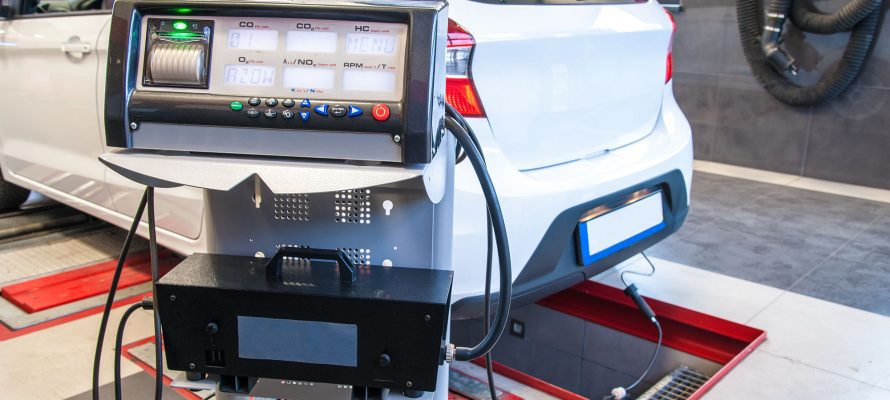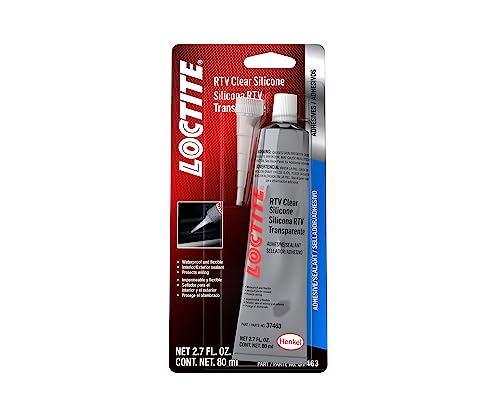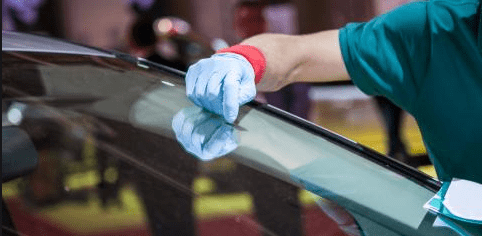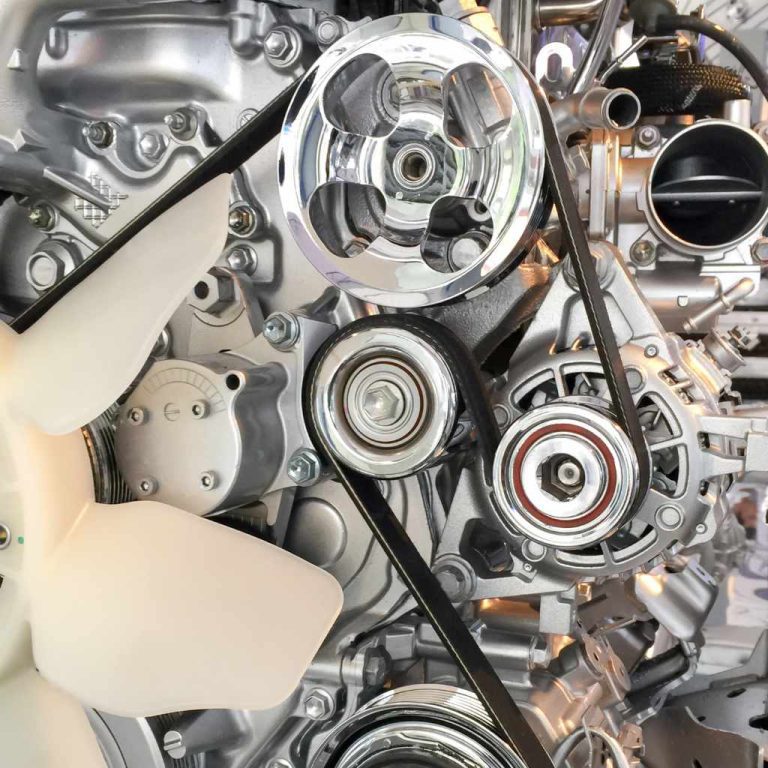What Happens If Your Car Fails an Emissions Test: Next Steps
Failing an emissions test means your car exceeds pollution limits. It affects registration renewal and can lead to fines.
Understanding what follows a failed test is crucial for car owners. Emissions tests ensure vehicles meet environmental standards. They check pollutants like carbon monoxide and nitrogen oxides. When a car doesn’t pass, it signals problems that need fixing. This can include engine issues or exhaust system faults.
Addressing these problems promptly is important. It’s not just about passing the test. It’s about protecting the environment. A failed test can lead to unexpected costs. Repairs and retests may be necessary. Knowing what to do next saves time and stress. We explore steps to take after a failed emissions test. Stay informed and keep your car compliant.

Credit: napacarcare.com
Emissions Test Basics
Emissions tests help keep the air clean. Cars release gases. These gases can be harmful. Tests check how much gas is released. Too much gas is bad for health. The tests make sure cars are safe for the environment. Passing the test means your car is okay. If a car fails, it might need a fix. Fixes help reduce harmful gases.
Cars fail emissions tests for many reasons. One common reason is a faulty oxygen sensor. This sensor checks the air and fuel mix. If it’s broken, the mix is wrong. Another reason is a bad catalytic converter. This part helps clean the gases. If it’s not working, the gases are dirty. Sometimes, a car fails due to a loose gas cap. A tight cap keeps gas from leaking. Regular checks can help avoid these problems.
Immediate Actions After Failure
Understanding why your car failed is important. The test report shows details. Check for any highlighted problems. Look for terms like “excessive emissions” or “system errors.” These details can help with repairs. The report can guide you. Sometimes, the issue is simple. A loose gas cap could be the reason.
A skilled mechanic can be your best friend here. Show them the test report. They will know what to do. They can identify the real problem. Mechanics have tools to check car issues. A trusted mechanic can save time and money. They can provide you with a repair plan. Always ask for a cost estimate. This helps in planning your budget.
Repair Options
Fixing a car yourself can save money. Start by checking the air filter. A dirty filter affects emissions. Replace it if needed. Next, examine the spark plugs. Old plugs might cause problems. Clean or replace them. Also, check the gas cap. A loose cap can lead to leaks. Tighten it well. Inspect the oxygen sensor. This sensor helps the engine run smoothly. Replace it if it’s faulty. Finally, ensure the exhaust system is intact. Look for holes or leaks. Patch them up if found.
Sometimes, a mechanic is best. They have special tools. They can run diagnostic tests. These tests find hidden issues. Mechanics know how to fix them. They can replace worn-out parts. This includes catalytic converters and more. Experts also check for software updates. Updates can improve car performance. They ensure your car passes the emissions test. This way, you drive safely and legally.

Credit: www.mydriversedge.com
Retesting Process
Scheduling a Retest can be easy. Start by calling the test center. Ask for a new appointment. They will guide you. Choose a day and time that fits you. Make sure the car is ready. Fix any problems before the test. Bring all papers with you. This helps avoid delays.
Understanding Retest Criteria is key. Find out what caused the failure. Check the report from the last test. Fix those issues first. Some problems need a mechanic. Others you can fix at home. Make sure the car is clean. A dirty engine can fail again. Use the right fuel. This helps lower emissions. Follow the rules strictly. This ensures your car passes the test.
Financial Implications
Failing an emissions test can lead to unexpected costs. Your car might need expensive repairs to pass the test. Sometimes, parts like the catalytic converter or oxygen sensors need replacement. These parts can be costly. Labor costs add to the expense. A mechanic may spend many hours fixing the issue. The bill can be high. It’s important to keep your car in good shape. Regular maintenance helps avoid big repair costs.
Not fixing your car can lead to fines. Driving a car that fails emissions is not allowed. Authorities might charge fees if you delay repairs. Registration renewal can be affected. You may not get new stickers until the car passes. Extra fees might apply for late compliance. Always check local regulations. They vary by region. Staying informed helps avoid unexpected costs.
Environmental Impact
Cars release harmful gases into the air. Failed emissions tests mean more pollution. Bad air affects our health. It can cause breathing problems. Animals and plants suffer too. Pollution harms nature. Clean air is important for everyone.
Polluted air sticks around for years. Children grow up with bad air. This can cause future health issues. Older people are at risk too. Bad air affects the earth. It can change weather patterns. Ice caps may melt faster. We need clean air for a better future.
Legal Consequences
Failing an emissions test can lead to driving restrictions. Your car may not be allowed on the road. Authorities may enforce rules to protect air quality. You might need to fix your car. Repairs should meet emission standards. Until fixed, you may face limits on driving.
If your car fails, you may face registration denial. Renewal of registration might be blocked. Authorities require compliance with emission rules. Without a pass, registration could be impossible. Your car must meet standards. Fixes are needed to register again.
Preventative Measures
Keeping your car in good shape is important. Always check your engine oil. Make sure it is clean and fresh. Dirty oil makes the car work harder. This creates more pollution. Check the air filter often. A clean filter helps the engine breathe better. It uses less fuel this way. Also, look at your spark plugs. Old spark plugs can make your car waste fuel. Replace them when needed. Watch out for the check engine light. It warns you of problems. Fix them quickly to avoid bigger issues. These small steps help reduce emissions.
Some fuels are better for the air. Ethanol blends are one choice. They burn cleaner than regular gas. Natural gas is another option. It makes less smog-causing emissions. Check if your car can use these fuels. Electric cars make no emissions. They are great for the planet. Think about switching if you can. Cleaner fuels help keep the air fresh. They also save you money in the long run. Making the right fuel choice is important.

Credit: mycar.repair
Frequently Asked Questions
How To Fix Emission Test Failure?
To fix emission test failure, check and replace faulty spark plugs, oxygen sensors, or air filters. Inspect exhaust system for leaks. Use fuel additives to clean fuel injectors. Ensure proper tire pressure. Regular maintenance can prevent future failures. Consult a mechanic for detailed diagnosis and repair.
What Happens If You Fail An Emissions Test?
Failing an emissions test means you can’t renew your vehicle registration. You must fix the issue and retest. Common repairs include replacing the catalytic converter or oxygen sensor. Check local regulations for specific requirements. Some areas offer temporary permits allowing limited driving until repairs are made.
Is There An Extension For Failed Emissions Test In Illinois?
Illinois grants a temporary extension for failed emissions tests. Eligible vehicle owners can apply online or by mail. Extensions are typically for one year. Ensure to repair your vehicle promptly to pass the next test. Check the Illinois EPA website for detailed information and application procedures.
What Does A Rejected Emissions Test Mean?
A rejected emissions test means your vehicle’s emission system failed or was incomplete. It indicates potential issues with sensors or components. Addressing these problems promptly ensures compliance with environmental standards and avoids penalties.
Conclusion
Failing an emissions test can feel stressful. Don’t panic. Next steps are vital. Address the issue promptly. Visit a trusted mechanic. Fix identified problems. Regular maintenance helps avoid future fails. Clean emissions benefit everyone. It protects the environment. Also, it keeps your car running efficiently.
Stay informed about local regulations. Prepare for retests. Drive confidently. Remember, taking care of your car saves money long-term. Keep your vehicle in top shape. Ensure a smoother, cleaner ride.






